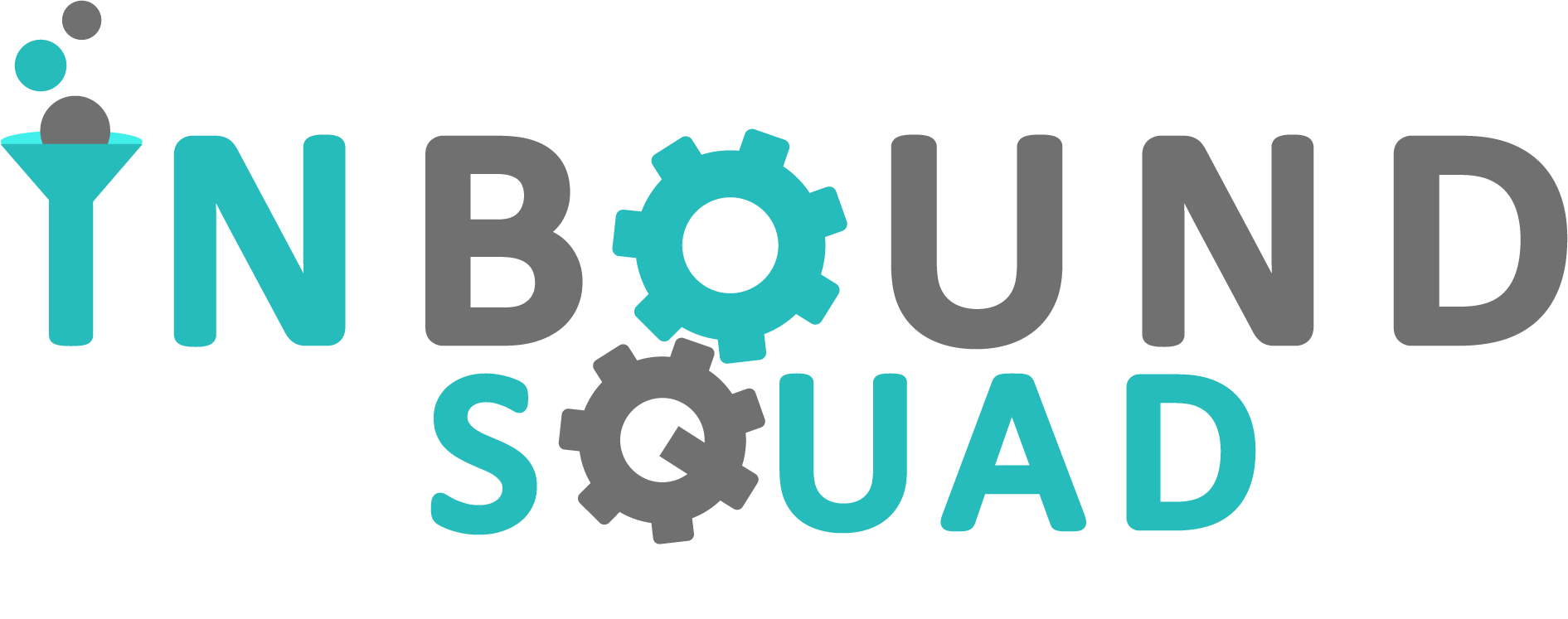
Blogging is a key factor in a successful inbound marketing strategy. Writing extremely relevant, useful, industry-specific content is important to answer the user’s main questions and help to educate them. Blogging can accomplish this in a way that isn’t pushy, or reminiscent of traditional sales pitches.
Dental practices need a blog just as much as any other company, and targeting your potential patients in this passive, educational way will encourage them to both interact with your content, and trust it.
Reaching out to patients and educating them is just the tip of the iceberg. When it comes to the importance of blogging, there are several reasons why it’s so popular, and such a crucial part of everyone’s content marketing strategy. Here are all the reasons why your dental practice should embrace content marketing in this educational fashion, and all the ways it can benefit your practice.
Markets Your Practice
Blogging serves a strong educational purpose but also gets the word out about your company without trying too hard to do so. Writing about certain subjects in great detail is a great way to display to your audience that you’re credible, informed, and can articulate your knowledge in a readable way that will help them to better understand the field.
If you’re going to use written content to brand your practice, you’ll want to keep a consistent schedule so you’re always in the forefront of your audience’s mind. This will help you to make a name for your practice, promote it across all channels, and always deliver content that will continue to build credibility day after day, week after week, or however often you decide to publish your work.
This branch of inbound marketing gets you in front of your audience without having to pay a cent for their attention. If it’s intriguing enough, they’ll engage with it and read it. If they like what they read over and over with each new blog, and you’ve branded it accordingly, they’ll continue to come back for more. If you’re lucky, they’ll promote it to your friends, and you may begin to see an influx of patient referrals.
Helps You Talk More In-Depth About Your Expertise

What’s the number one reason your patients are Googling anything? More often than not, the average patient preparing for a routine procedure or oral surgery knows very little about the topic, if anything at all.
This is a great opportunity to take advantage of an area of dental that may not be very well known or be clouded with bias, and illuminate all the details for any patients that may be trying to read about it.
Not only does this work to educate your patients as we mentioned above, but this also provides you with an optimal platform to build credibility and authority for yourself online. If patients see that you can not only answer their questions and explain what their expectations should be, but you also specialize in the area and can treat them with the same amount of accuracy, this will begin to pave the way to a trusting relationship.
To do this in the best way possible, you should work to identify areas that may be less popular online, but are still being research often. You can use competitive research tools to find out exactly what your prospects are searching for, identify areas with high volumes of questions and few answers, and make sure to write strong content to fit that need.
Helps You Build Connections with Patients

It’s far easier to connect and form a relationship based on strong feelings of trust. Having your patients trust you entirely should be the main goal for your practice and will help to determine the success of it.
If your blogging is done right, patients may feel comfortable with you before they’ve even entered the reception area, or met you, for that matter. This is, of course, done through the writing of accurate and relevant content.
With blogging, you can become the main source of information and solace. If you prove to them time and time again that you can confidently answer their questions, be a reliable source, and speak to any questions or concerns they may have, they will learn that they can go to you with their newest batch of inquiries.
This relationship and level of trust aren’t built overnight, however. This is why consistent blogging and a commitment to it is key, and a vital part of a healthy blogging and content marketing strategy. Instead of having your patients resort to the first website they find that appears to partially speak to their concerns, they’ll know they can visit your website for any of their needs. This leads us right into our next benefit of having a great blog for your practice.
Increases Website Engagement

With more credible content comes more visitors. This is where the true value of relevant content really factors into your lead generation and determines the number of new patients you’re able to attract and close.
More visitors don’t directly equate to more leads, but the correlation is there. The missing link between having patients visit your website and leave before converting, and having patients visit your site and decide they’d like to become a patient, lies solely in the quality of your content creation.
If you do a great job of explaining yourself, answering their questions, speaking to them with the language and terminology they use, and leaving the useless and confusing dental jargon in the staff room, you’ll have increased your chances of closing a new patient.
The potential to increase engagement with your website and the time spent on your page should be enough motivation to spend an appropriate amount of time developing a content strategy that will focus on benefiting potential patients directly and presenting yourself as the best option. After all; inbound marketing isn’t about asking yourself how you can reach your prospects and convert them, rather, asking how you can be presented as the best and most viable option for your prospect’s current needs. Taking all of this into account means your website and content should be perfectly tailored to your target demographic, and whatever it is they may be looking for, based on the research you’ve conducted.
Develop a Reputation
By this, we mean a good reputation, of course. When your blogs are working hard to address patients in the most helpful ways possible, continually answering their questions in a transparent fashion, and providing genuinely useful help to them, it’ll easily establish you as a leading expert in the field. There’s nothing too shabby about having this kind of reputation.
Of course, it isn’t easy to develop a reputation so strong and superior to your area. It takes time, resources, revisions, and commitment to get to this point. Try mocking up a blog schedule with topics that have been researched and prepared ahead of time to ensure that this reputation can be claimed as your own, and isn’t left up for grabs to be seized by other practices in the surrounding area. The dental industry is competitive, and it’s important to be ahead of the game.
Convert Organic Visitors to Loyal Patients

Some prospects that are simply browsing the web in search of answers may have no intention of seeking out a new dental practice at that particular time and have no idea that they’re a potential patient.
By having strong SEO and providing well-written responses to questions, a prospect innocently searching for answers may stumble across your website, and genuinely like what you have to offer. It’s very easy to pique someone’s interest if you can accurately and completely answer every concern they need to be resolved, and every question they may have.
Conversions happen when you’re credible, accurate, and to the point. If you can be all of these things, your organic visitors brought to you through the magic of keyword research can be easily converted.
Conversions are also far more likely to occur when you have something useful within your content that will help them to take that final step – I’m talking about call to actions!
CTA’s that are helpful, relevant, use action-oriented language, and are strategically placed can really aid your strategy, and give even more purpose and direction to your content. Let’s say your blog is focused on educating your patients about the signs and symptoms of gum disease. At the end of the blog, you have a few options for how you want to approach attracting a new patient.
You can have a CTA that allows them to download an eBook or other educational materials that detail everything there is to know about gum disease so they can further their research. From here, you can retrieve their contact information in exchange for the resource, so you are able to remain in touch with them, and receive a qualified lead.
Your CTA can also be far more simple, and still very effective. At the end of the blog, adding a brightly coloured button that stands out against the page with something action-oriented and simple such as “Book An Appointment” or “Contact Us” can go a long way.
These buttons can encourage your prospects to take the next step and provides them with an easy opportunity to do so without having to put pressure on them.
Spreads the News
Press releases and blogs can now be mutually exclusive with one another. Your blog can benefit your practice just as much as it can serve the purpose of being informative.
This can tie into building more credibility in the field, and for your practice. Providing industry announcements and developments will establish more credibility for your practice, prove that you’re interested in educating your prospects, and give you endless content to write about and incorporate into your strategy!
The best way to do this is to constantly be reading about new developments in your industry, watching trends, and embracing all of these things as best as you can.
Sarah Al Daghreer
Sarah is the owner and founder of Inbound Squad. She also specializes in local SEO and inbound marketing.




